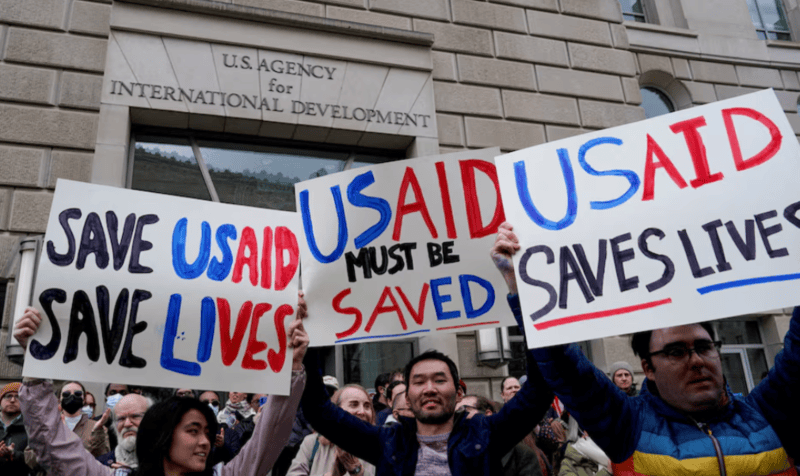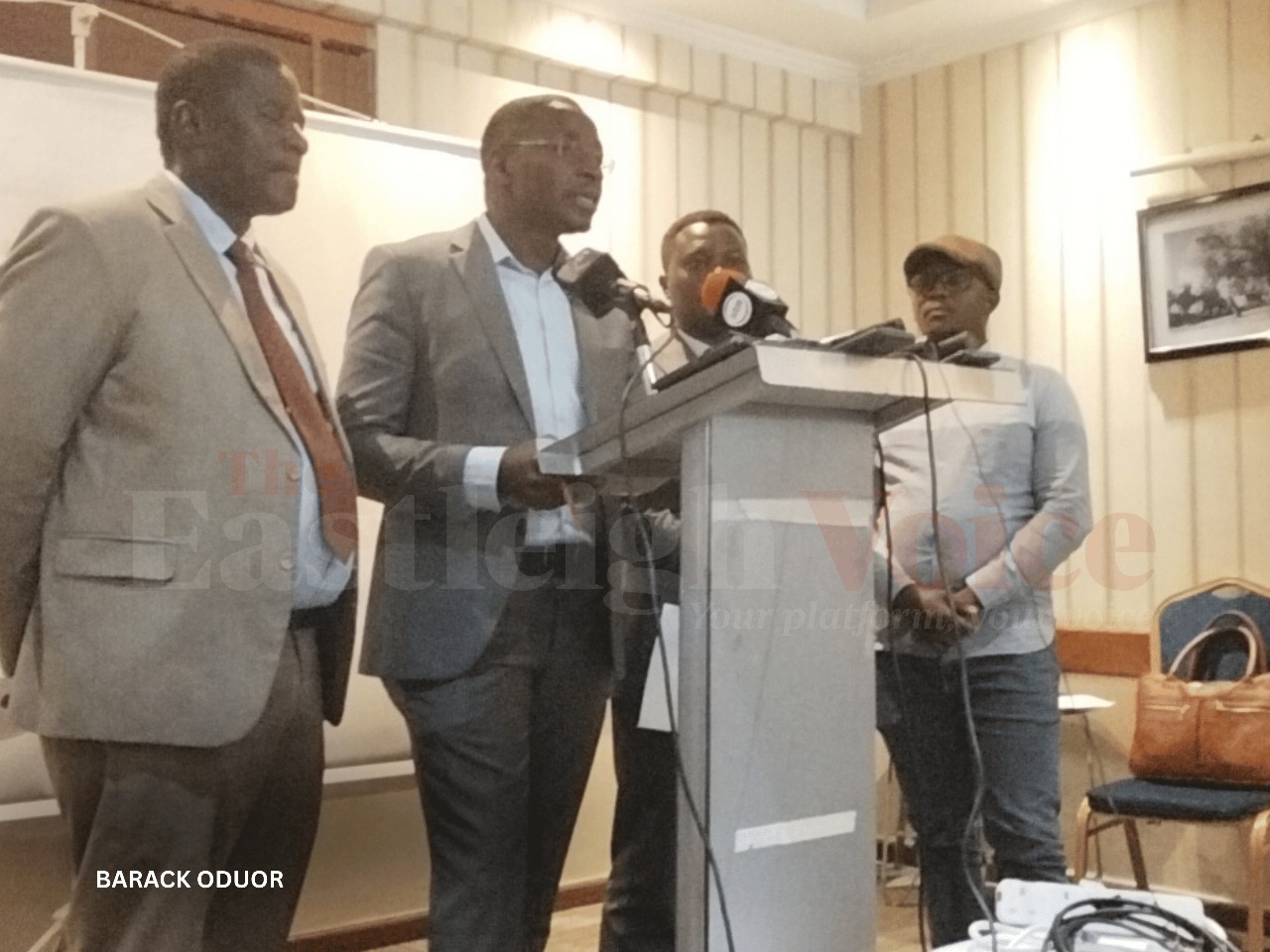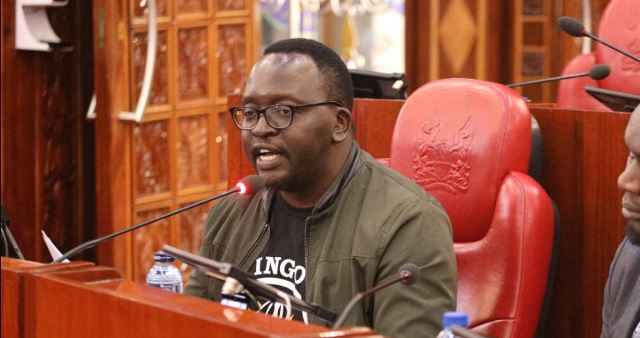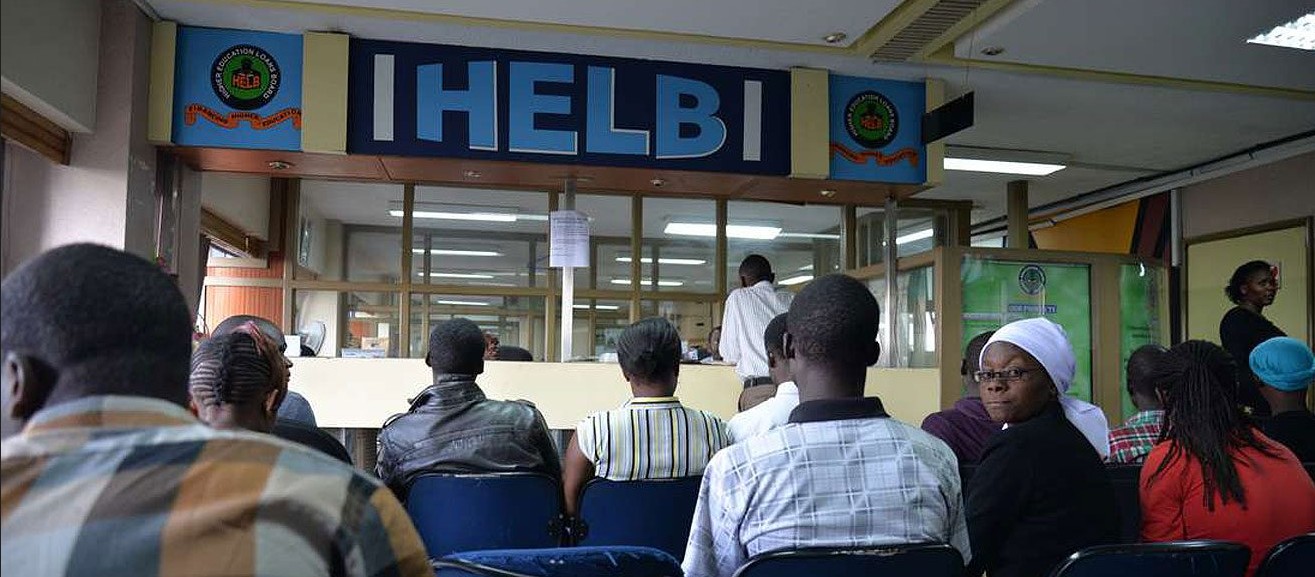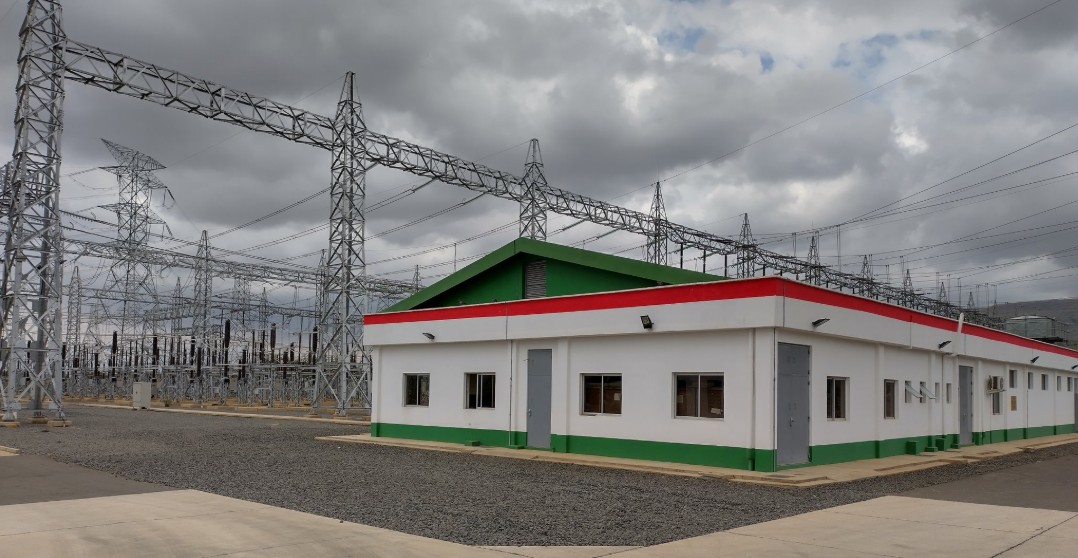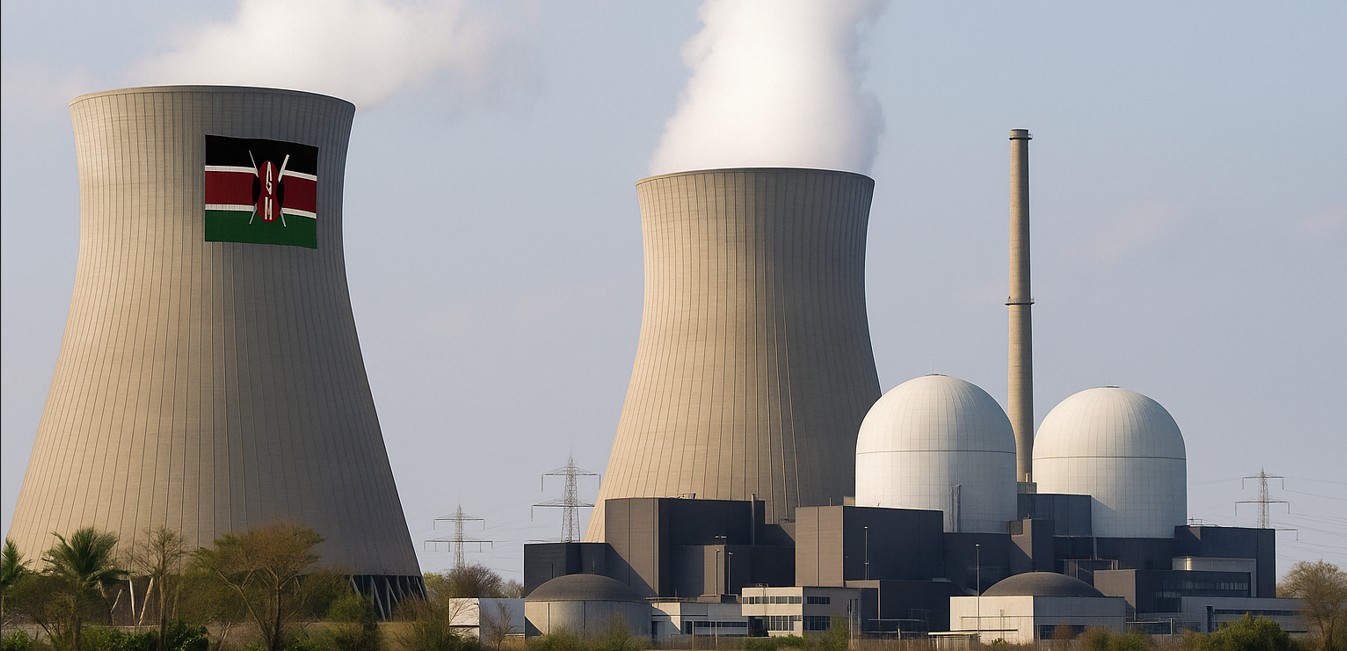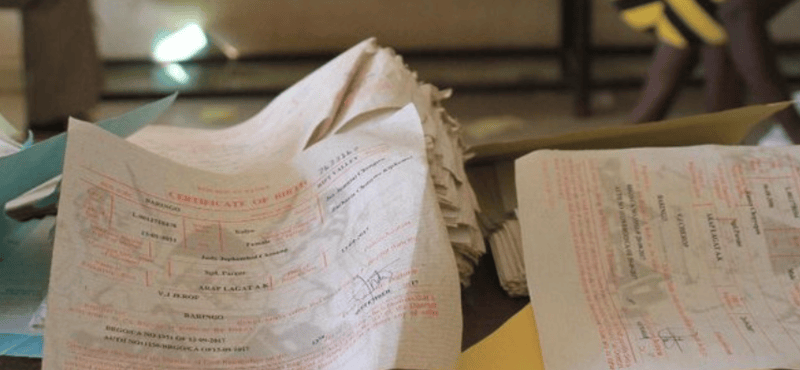State bolsters surveillance at ports to monitor mineral imports, exports

This is part of reforms to combat mineral smuggling through the region's busiest port.
The government is improving surveillance at the Port of Mombasa by bolstering monitoring systems to ensure compliance with documentation standards for mineral imports and exports.
This is part of reforms to combat mineral smuggling through the region's busiest port.
More To Read
- Mombasa traders decry high taxes, cargo clearance delays
- KPA workers win 10 per cent pay rise, better health cover in new union deal
- Sh16.5 billion allocated to extend SGR from Naivasha to Uganda border
- Relief for traders as Kephis suspends new Mombasa Port charges
- Police launch investigation into suspected copper smuggling at Mombasa port
- Government announces rise in port activity amid graft allegations
Principal Secretary Elijah Mwangi of the State Department for Mining emphasised the pivotal role of Mombasa Port as a key entry point for investors involved in mineral trade, stressing the need for rigorous oversight to uphold compliance with the Mining Act 2016.
Addressing mining officials in Mombasa County on Monday, he highlighted the importance of thorough documentation for minerals passing through the port.
“There is a need for increased vigilance among mining officials to protect Kenya from revenue losses caused by dishonest traders under-reporting or falsely declaring minerals smuggled through the port,” he said
Describing the port as crucial for the mineral trade, he stressed the importance of verifying the accuracy and validity of documentation for minerals entering or leaving the country.
The PS highlighted the responsibility of confirming that investors have the necessary paperwork for mineral export or import, emphasizing the importance of thorough examination.
In the fiscal year 2022/23, Kenya's mineral exports accounted for 5.9 per cent with a total mineral export totalling around Sh63billion.
Currently, the mining sector contributes just one per cent to the national GDP, but reforms aim to boost this to at least 10 per cent.
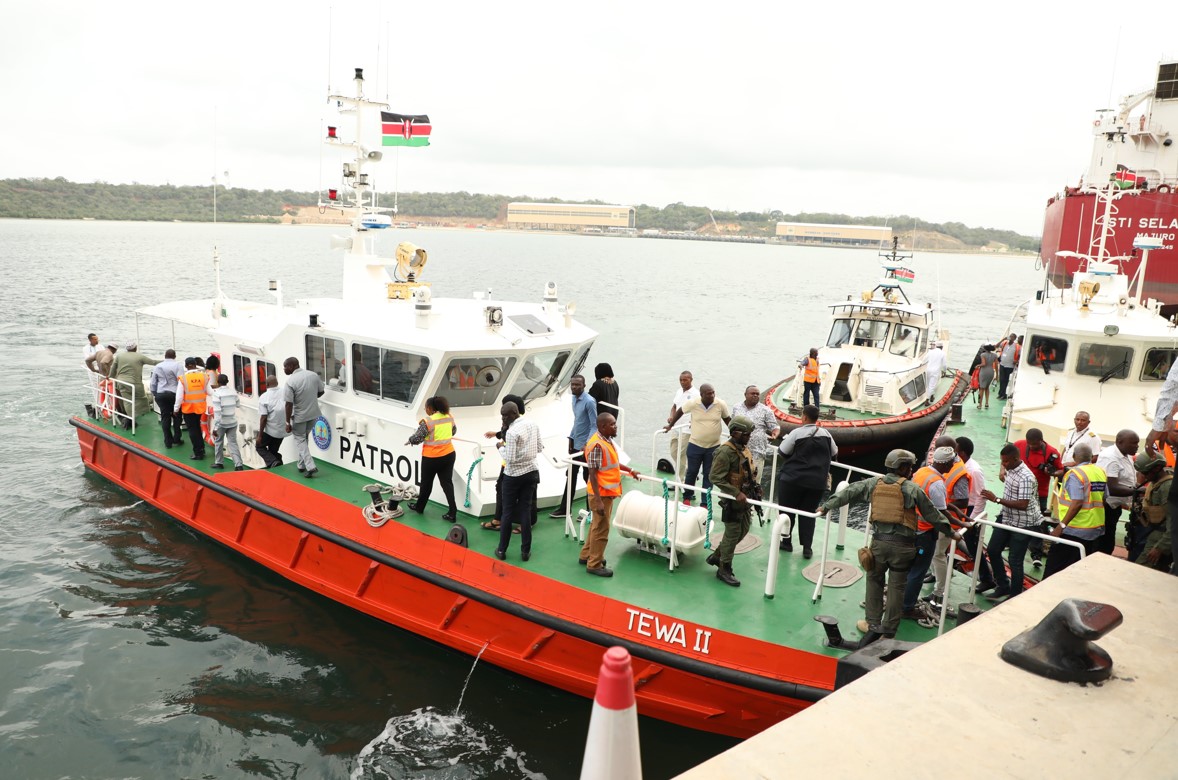 Senior state and security officials during a tour by President William Ruto at the port of Mombasa on November 18, 2022. (Photo: KPA)
Senior state and security officials during a tour by President William Ruto at the port of Mombasa on November 18, 2022. (Photo: KPA)
“Achieving this goal will involve comprehensive reforms to improve efficiency and compliance throughout the mining process, from extraction to export. The focus is on establishing robust regulatory frameworks to combat illegal activities such as mineral smuggling, misdeclaration, and underreporting at ports,” PS Mwangi said.
Garnered support
The State Department's initiative to bolster monitoring at ports for mineral imports and exports has garnered support from key industry players.
The Chair of the Kenya Chambers of Mines Dr Patrick Kanyoro, suggests expanding this surveillance to all entry points in Kenya.
“Smuggling manifests in various forms, such as avoiding royalty payments and providing false mineral declarations,” said Dr Kanyoro advocating for collaborative effort between the State Department, industry, and relevant stakeholders to establish self-regulatory measures to combat smuggling effectively.
He emphasised the importance of devising sustainable strategies to curb smuggling without burdening the sector with excessive regulations, thereby fostering robust growth.
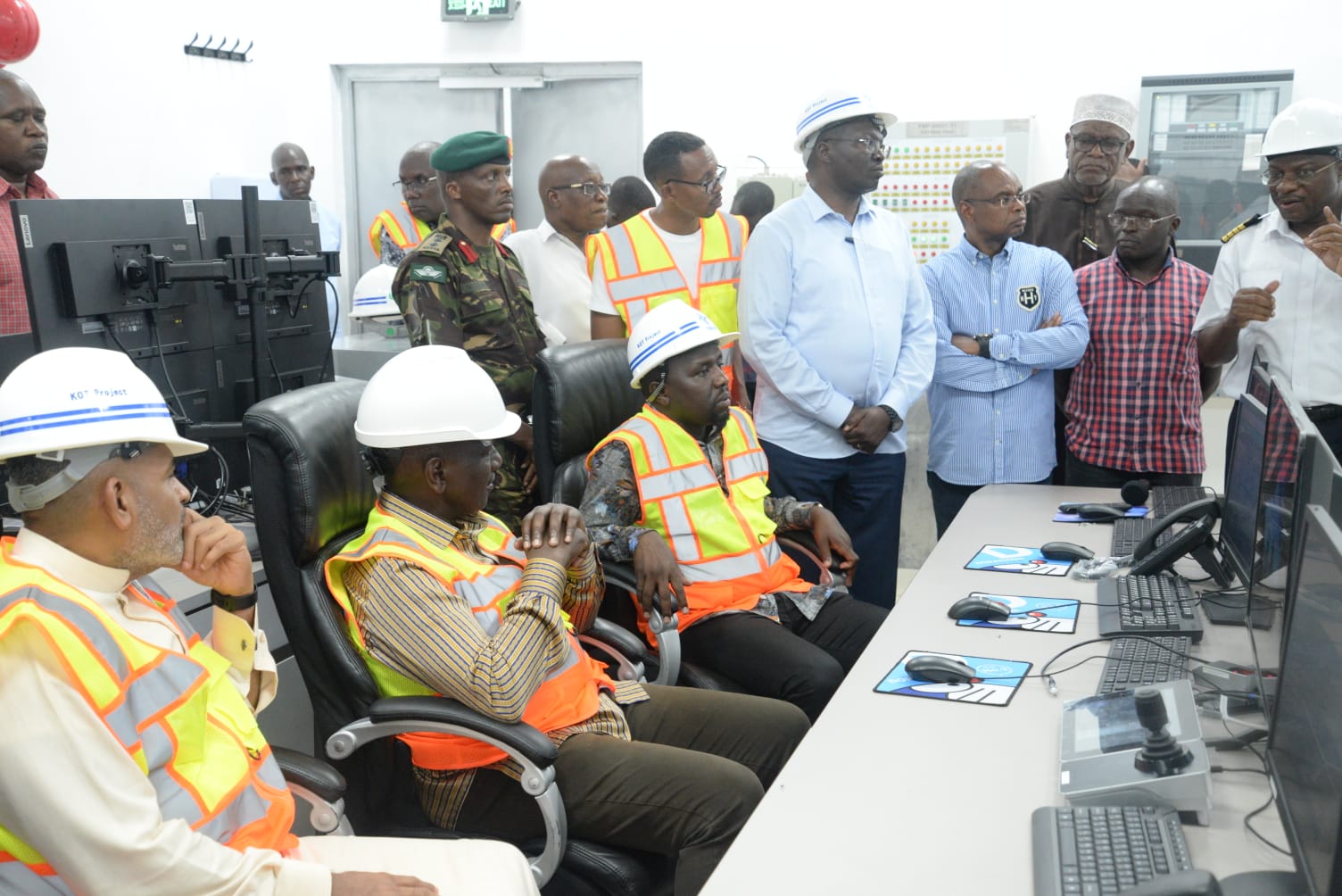 President William Ruto accompanied by senior state officials when he toured key operational facilities at the port of Mombasa on November 18, 2022. (Photo: KPA)
President William Ruto accompanied by senior state officials when he toured key operational facilities at the port of Mombasa on November 18, 2022. (Photo: KPA)
Since the National Aerial Geo-Physical Survey identified 970 mineral occurrences in Kenya, the country has positioned itself as a burgeoning force in mineral processing and trading within the region.
Discoveries of strategic minerals like Coltan, Nickel, and Copper underscore the mining sector's pivotal role in advancing the transition to green energy and driving economic transformation.
With the government instituting a robust framework for collecting levies and royalties from mineral resources, there's a critical need to bolster monitoring capacity at entry and exit points to tighten controls on mineral trade.
Kenya's mineral export data reveals significant potential for expanding export volumes, particularly in minerals such as Soda Ash, Titanium, Gold, Coal, Gemstones, Manganese Iron Ore, Silica sands, Gypsum, and Diatomite, thus further enriching the export market.
The 2022 Economic Survey foresees significant growth in the mining sector. In 2021, Kenya saw a 33 per cent increase in the total value of minerals produced, rising from Sh22.7 billion in 2020 to Sh30.2 billion in 2021.
The survey highlights a consistent upward trend in exports of minerals such as Titanium and concentrates.
As international markets open up, particularly for minerals like manganese, Kenya is poised to witness a surge in export-focused mineral businesses to meet global demand.
With the expansion of the East African Community (EAC) to include mineral-rich countries like the DRC, the Mombasa Port is expected to see a substantial increase in export activities.
Top Stories Today
